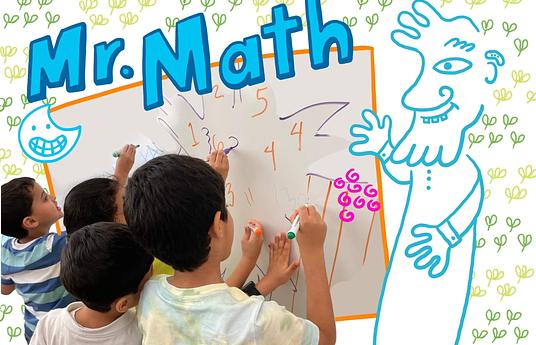This programme was started by a passionate teacher who loves play. She saw what was happening with the loose parts Scrapstore PlayPods in the UK and was witnessing the Learning through Play movement spreading across Aotearoa, recognising an opportunity. She then partnered with a local recycling centre, sharing her intention, and they began putting aside junk that would be appropriate for play. Relationships were established with schools, programmes were tested out, and a dedicated team was brought on board. The programme has continued to grow, and in 2023 schools were asking for more support in starting their own loose parts sheds. In-school coaching has evolved from this need, along with a rich bank of resources so that schools can continue the journey after our visit.
We have a large van full of junk that visits schools in need of play. Once at a school, our programmes are ideally held outdoors on a field, on an open court area, or in a hall.
If the weather is extremely wet or windy, we might need to reschedule or move to a covered area for safety reasons. During the hotter months, we prefer to play under the shade of trees. Kids can use trees for swings, hammocks, climbing, and zip lines. If trees aren’t available, we might ask to play near a playground, as it provides good high and low points for climbing and swing-making. If your grounds include a hill, we’ll make the most of it, as sled-making is very popular.
Upon arrival at Junky Monkeys, you’ll find a designated area for groups to meet. The play coaches will introduce themselves and review our five rules. We ask that schools show students our RULES video prior to attending, so they have time to process and discuss the rules in smaller groups.
Once all rules and site-specific health and safety notices have been covered, the kids are invited to start playing. Our programme is open-ended, meaning we don’t provide specific instructions on what kids should create. We allow children to use the resources creatively on their own. Some may take time to engage, while others will have a plan before they arrive. This is a high-trust environment with clear boundaries, where students lead their own learning.
We have seen significant growth in the number of schools inquiring about the programme. Around 60% of schools invite us to help kickstart the creation of their own loose parts shed or to breathe life into one they already have. The remaining 40% ask us to come in for a fun experience that supports a theme or inquiry topic the school is exploring. Approximately 80% of schools are repeat customers.
We are now receiving requests from organisations across Aotearoa for support, including school visits, online coaching, and guidance in starting their own initiatives.
Over the last five years, we have been developing more follow-up resources for schools. We send these out after our visit so that schools can continue their journey. This evolved into offering coaching with groups of teachers, and thanks to receiving some funding, we were able to test and deliver our KICKSTARTER programme to 20 schools across Auckland.
More recently, we have been developing additional resources to help schools see the learning that emerges through play. We’ve also been collecting materials from recycling centres to support schools in starting their own collections.
In 2024, we’ve had an increase in enquiries from organisations wanting to start a similar initiative in their area or region of Aotearoa. We’ve been providing them with online coaching, action plans, and ongoing support to help get their initiatives off the ground smoothly.
Establish if there is a need in your schools – Is this something they want and have capacity for? We find that with the changing demands on schools, play can often get pushed to the back burner. However, schools tell us that loose parts play is a way to meet the need for play within the school day, outside of other curriculum requirements.
Make a connection with your local recycling centre – In Aotearoa, we have recycling centres that collect people’s unwanted junk from around their homes or workplaces, sort it, and make it available for the community to reuse. Share your plan with them and see if they’re keen to support your vision.
Get health and safety sorted – Ensure all your health and safety documentation is in place before visiting schools. You are guaranteed to see risky play, and your job is to mitigate any risks so that the environment remains safe.
Find play workers – You need enabling adults to support you during sessions. This is an incredibly rewarding job, and most of my team have been with me for a long time because they find the role so fulfilling. Pay your workers well and train them thoroughly.
Approach schools – Start forming relationships with schools that show interest. Try to find a friendly school that’s willing to test it out with you.
Evaluate and keep going – After your trial, make time to gather feedback from both schools and students. Listen to how the programme was received and how it could be tweaked. The overall feedback you’ll receive
.png)


